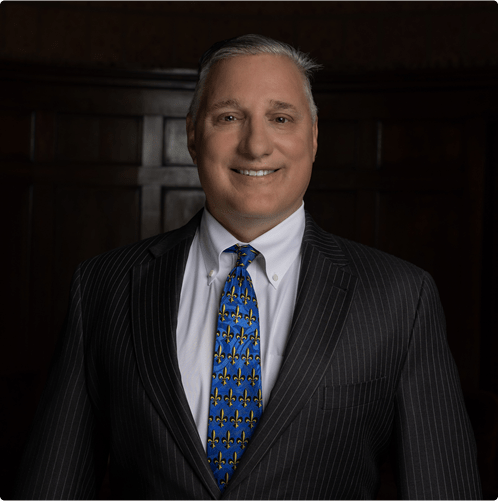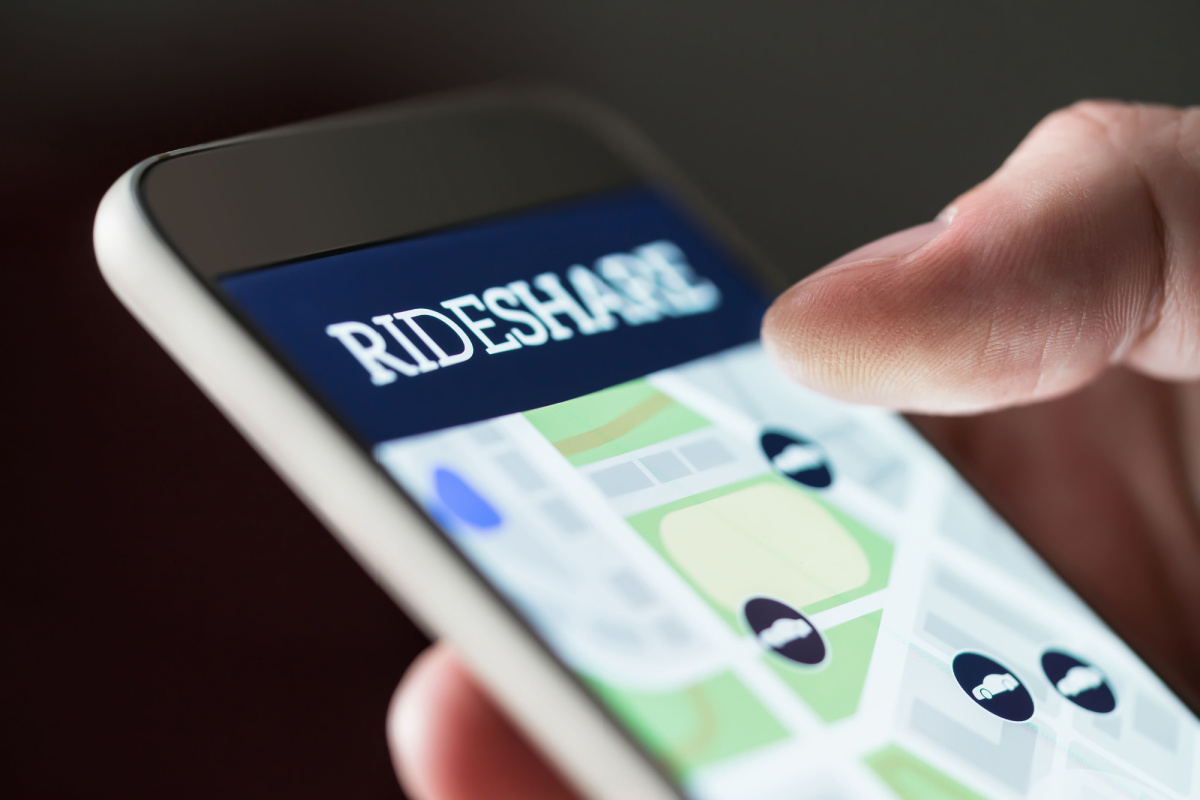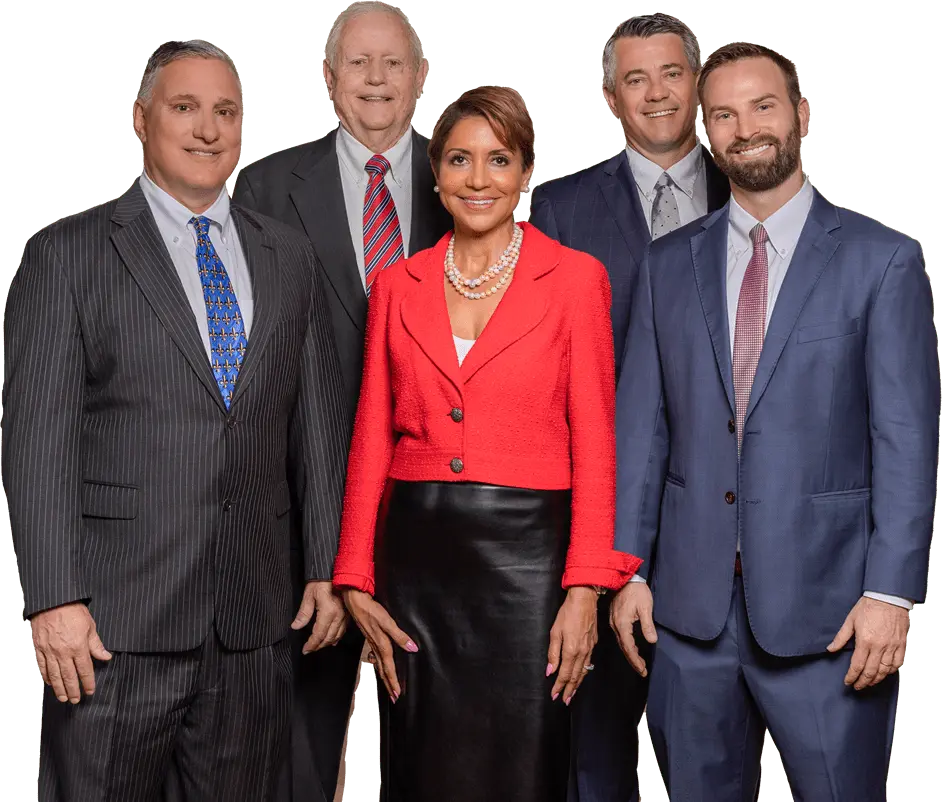
Partner at Charbonnet Law Firm LLC
Practice Areas: Life Insurance Disputes

Rideshare apps like Uber and Lyft have become part of everyday life in Louisiana. While these services offer convenience, they also raise unique legal and insurance challenges when accidents happen. If you’re injured while riding in an Uber or Lyft, figuring out who’s responsible and what insurance applies can be confusing.
This guide explains how rideshare insurance works in Louisiana, your rights as a passenger, how to file a claim, and what to expect from the legal process.
Not all car accidents are handled the same—especially when a rideshare driver is involved. In Louisiana, insurance coverage depends on whether the driver is using the app.
If the app is off, the driver’s insurance applies. If it’s on but no ride is accepted, limited coverage from the rideshare company may be used. Once a ride is received or a passenger is onboard, Louisiana law requires $1 million in liability coverage.
Louisiana mandates a $1 million liability coverage for rideshare drivers during prearranged rides.
However, this coverage only applies when the driver is actively working. If not, getting compensation can become more complicated.
You have the right to pursue damages for any injuries you sustain when riding in a ridesharing vehicle. Passengers are protected in these circumstances by Louisiana law.
One important rule to know is the state’s statute of limitations. In Louisiana, you have just one year from the date of the accident to file a personal injury claim. After that, your right to compensation may be gone.
The statute of limitations for personal injury claims in Louisiana is one year from the date of the accident.
You also have the right to pursue claims against multiple parties. That could include the rideshare driver, the company, or even another driver who caused the crash.
Rideshare drivers are considered independent contractors, which can affect liability determinations.
Louisiana follows a comparative fault rule. That means if you were partially responsible for your injuries—say, by not wearing a seatbelt—your percentage of fault may reduce your compensation.
If you’re in a rideshare accident, your first step should be to get medical attention—even if injuries aren’t apparent. Call the police and obtain a copy of the report. Report the crash through the rideshare app, then document everything: photos, witness names, and medical records. The rideshare company’s insurer will review your claim to determine fault, coverage, and eligibility for compensation.
Accidents involving Uber or Lyft vehicles can cause a wide range of injuries. Some are minor, while others can be life-changing. One of the most common injuries is whiplash, especially in rear-end crashes. You may also suffer sprains, broken bones, or concussions. In more serious accidents, passengers have reported traumatic brain injuries.
Uninsured/underinsured motorist coverage may apply if the at-fault party lacks adequate insurance.
Cuts and bruises are also common. These often occur if the car’s airbags deploy or if loose items inside the vehicle strike passengers.
No matter the injury, it’s essential to see a doctor and get everything documented. Medical records can support your case if you later seek compensation.
Who is at fault in a rideshare accident? It depends. First, rideshare drivers are classified as independent contractors, not employees. This makes it harder to hold Uber or Lyft directly responsible unless the company was negligent in some way.
If the crash happened while the driver was offline, their insurance is the only coverage available. If they were transporting a passenger, the company’s $1 million liability policy likely applies.
Other drivers may also be involved. For example, if another car hits your Uber or Lyft, your driver’s insurance might cover your damages. It often takes a detailed investigation to sort out who’s at fault and how much insurance is available.
After a crash, your first step should always be getting medical care. Emergency responders may treat you at the scene or take you to a hospital. There, doctors may order tests like X-rays or MRIs to check for hidden injuries.
If you need ongoing care, you may be referred to a specialist or physical therapist. Keep every bill, record, and receipt. These documents will be essential if you pursue a claim for compensation.
Some injuries require long-term treatment. Make sure to follow your doctor’s orders and attend all follow-up appointments. Delaying care could hurt your health and your legal claim.
Most rideshare accident claims are settled out of court. But to get a fair settlement, you’ll need strong evidence. That includes medical records, proof of lost income, and photos of the accident.
Rideshare companies must carry $1 million in liability coverage—but only when a passenger is onboard
Understanding the full cost of your injuries is key. You may be able to recover damages for more than just your hospital bills. Lost wages, emotional distress, and pain and suffering can also be included.
Don’t rush to accept the first offer. Insurance companies often try to settle for less than what your claim is worth. With the right help and documentation, you can negotiate a better outcome.
| Driver Status | Insurance Coverage Details |
| App Off | Driver’s personal auto insurance applies. |
| App On, No Ride Accepted | Contingent liability coverage: $50,000 per person, $100,000 per accident, $25,000 property damage. |
| Ride Accepted or Passenger Onboard | $1 million liability coverage from rideshare company; may include uninsured/underinsured motorist coverage. |
Get medical help, call the police, collect driver and witness information, take photos, and report the accident to the rideshare company.
It depends on whether the driver was working. If they had a ride in progress, Uber or Lyft’s policy likely applies.
You have one year from the date of the accident to file a personal injury claim under Louisiana law.
You may recover medical expenses, lost wages, pain and suffering, and long-term care costs if applicable.
Yes. If you are partially at fault, your final settlement could be reduced by your percentage of responsibility.
Rideshare accidents bring a mix of legal and insurance questions. Knowing how coverage works, what steps to take, and your rights as a passenger can make a big difference. If you’ve been hurt in an Uber or Lyft crash, you don’t have to handle everything alone.
Charbonnet Law Firm, LLC understands the challenges rideshare accident victims face. Our attorneys help guide clients through claims, evidence collection, and negotiations—so they can focus on healing while we work on securing fair compensation.

With over 50 years of legal experience serving families in the New Orleans area and surrounding Louisiana communities, our firm takes pride in providing clients with personalized legal services tailored to individual needs.